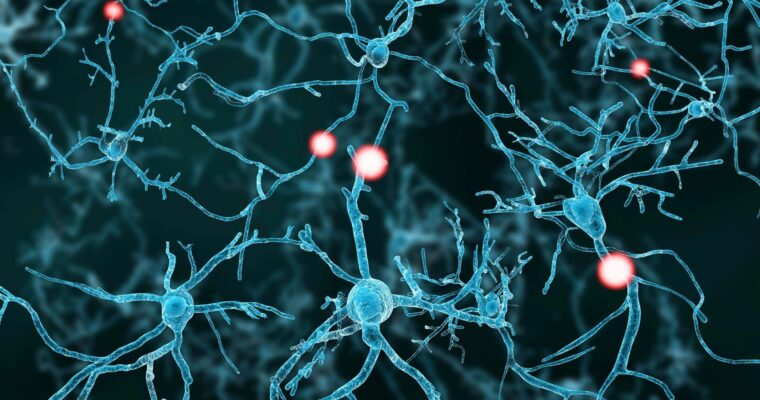THE MEDITERRANEAN DIET~ THE FOOD AND SUPPLEMENTS
By: Allie Might, FMC, INHC, ATT
The Mediterranean Diet is often thought of as one of the best ways of eating. This is a great example of how a well-balanced diet, combined with complimentary supplements, can set the stage for a healthy lifestyle. But what do we really know about this incredible diet?
In its simplest form, the Mediterranean Diet is a whole food way of eating. This means you eat real, unprocessed foods. It is a diet that it rich in fruits (all kinds), vegetables (greens, tomatoes, cucumbers and everything in between), whole grains (like quinoa), beans and legumes (like lentils, peas, chickpeas). Including, in moderation, into your meal plans should also be low-fat dairy (think yogurt and feta), a variety of fish and poultry, nuts and healthy fats (look for olive oil and avocado).
So what are the benefits of following a Mediterranean Diet? Well, it has been studied and is recommended by such acclaimed establishments such as Harvard Medical School, The Mayo Clinic and The American Heart Association. This plan has been shown to help lower the risk of such issues as diabetes, heart disease, Alzheimer’s, some cancers and arthritis, just to name a few. This is in part because of the elimination of chemicals and processed products, and consuming whole, nutritious foods.
SAMPLE MENU:
Breakfast~ Whole grain bread topped with smashed avocado, tomato slices, olive oil and sea salt and fresh pepper to taste
Lunch~ Watermelon salad (see recipe)
Snack~ Strawberries or pepper slices (mixture of the colors-red, yellow, orange and green) with yogurt dip (see recipe)
Dinner~ Grilled Salmon served over spinach and quinoa
WATERMELON SALAD:
2 cups arugula
1 cup watermelon (cut into bite-sized pieces)
1 cup cucumber (cut into bite-sized pieces)
1/2 cup low-fat feta cheese
1/4 cup raw walnuts
Drizzle with extra virgin olive oil, lime zest, and a pinch of sea salt. Mix up and enjoy!
YOGURT DIP:
3/4 cup low-fat plain Greek yogurt
1 scoop Greens Hx, Purples Hx, Oranges Hx or Reds Hx
Mix until well combined and enjoy with fruit or veggie sticks.
Bonus: If you add some water and a pinch of sea salt it makes a great dressing for salads or poultry.
Greens Hx is a great compliment to this diet as it is packed full of greens, vegetables and some fruits. As many people have difficulty getting enough leafy greens and vegetables in their daily diet, this is a good option to incorporate as you are working on shifting from little to no vegetables to a minimum of five cups a day can make that transition easier. It also helps to supplement nutrients and even extra probiotics to support the digestive system.
Fish Oil is a main staple as a supplement for most people. It supplies Eicosapentaeonic Acid (EPA) and Docosahexaeonic Acid (DHA) to help support healthy heart and brain functions. While the Mediterranean Diet recommends fish multiple times a week, making sure we are getting a daily fish oil can offer benefits each day for optimal wellness.
Oranges Hx, Purples Hx or Reds Hx help to supply the benefits of fruits. While fruit is a staple of the Mediterranean Diet, not everyone can tolerate a variety of fruit, such as diabetics and pre-diabetics. This is a something to add to a daily regimen for added nutrients, picky fruit eaters (like me!) and even safe for those that need to monitor their blood sugar. Depending on one’s personal needs, one of these powders or a combination can be added to a glass of water of plain yogurt for a yummy daily treat.
Whether you are a carnivore or a vegan, the benefits of the Mediterranean can set you up for some positive health changes.
www.health.harvard.edu/staying-healthy/guide-to-the-mediterranean-diet
diet.mayoclinic.org/us/blog/2022/why-is-the-mediterranean-diet-so-good-for-you/
www.heart.org/en/healthy-living/healthy-eating/eat-smart/nutrition-basics/mediterranean-diet
www.webmd.com/diet/health-benefits-fish-oil








